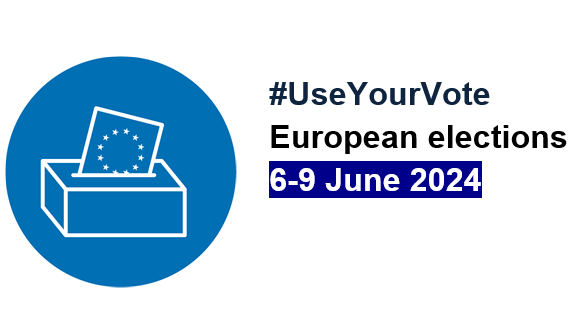
Currently, to sell a toy in the EU, manufacturers must first comply with strict safety standards and carry out assessments to review all chemical, physical, mechanical, electrical, hygiene and radioactivity hazards and potential exposure. However, according to the EU safety portal, toys are leading the way in alerts for dangerous products with 23% of all notifications in 2022. To avoid this situation, the European Parliament has proposed new rules to curb the number of dangerous toys sold on the internal market and thus increase the protection of children from their risks.
The initiative - which will turn the current directive into a regulation that would apply directly in all member States - aims to address a number of challenges, including the rise of digitally enabled toys and the increase in online shopping. The European Parliament is seeking to strengthen requirements and ban certain chemical substances in toys. The current ban on carcinogenic, mutagenic and reproductive chemicals will be extended to include substances that are particularly harmful to children, such as endocrine disruptors and chemicals that affect the respiratory system.
Safety checks are also strengthened to ensure that all toys sold in the EU comply with current rules. To this end, they will have to have a digital product passport that will replace the current EU declaration of conformity. The advantages of this digital passport include improved traceability of toys, optimising market surveillance and customs controls. Consumers will also have easier access to the information they need and to safety warnings, for example, information can be accessed via a QR code and warnings about age restrictions will be clearly visible. In addition, it is intended to support and guide SMEs that manufacture toys to carry out safety assessments.
As regards security and privacy, MEPs warn that toys with digital elements must comply with the relevant standards from the moment they are designed. Those equipped with artificial intelligence that fall within the scope of the new laws on artificial intelligence must comply with the corresponding security, data protection and privacy requirements. Those that are digitally connected will have to adapt to European cybersecurity rules and consider possible risks to children's mental health and development. They will also have to comply with the recently revised general product safety law, for example with regard to online sales, accident reporting, consumers' rights to information or the right to repair.
From now on, the legislative process of this initiative will continue with the new Parliament that will be elected in the next European elections to be held from 6 to 9 June.
Source of information: European Parliament.

Further information: